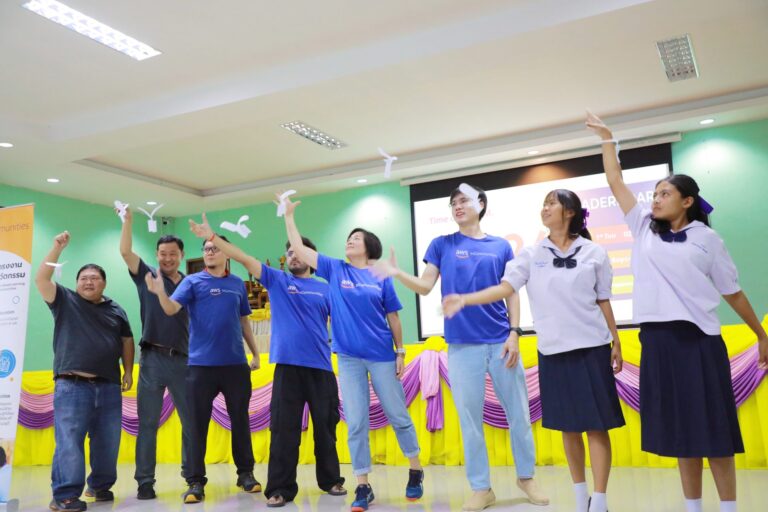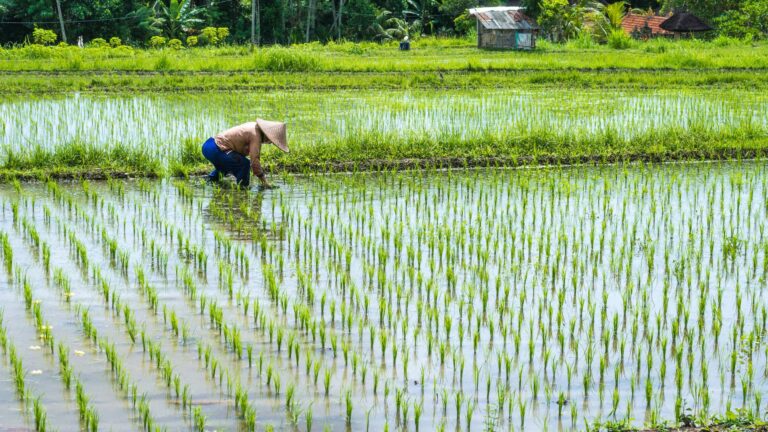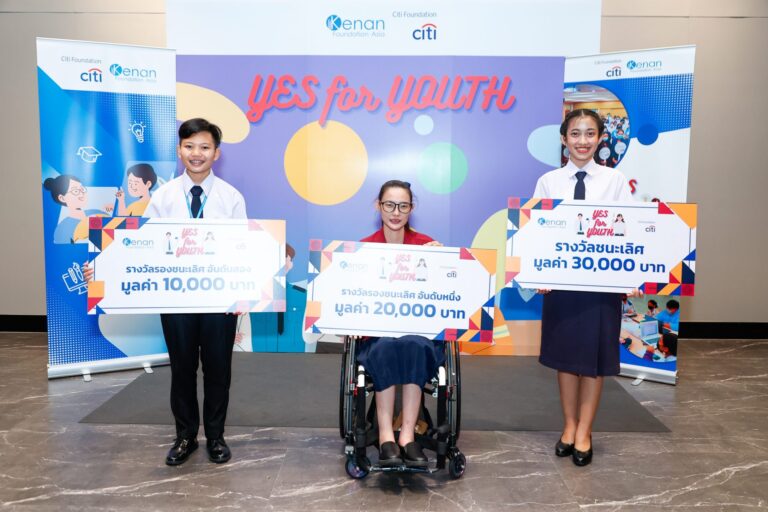Based on the 1996 World Food Summit, food security is defined as the situation where all people, at all times, have both physical and
Based on the 1996 World Food Summit, food security is defined as the situation where all people, at all times, have both physical and



Kenan Foundation Asia believes in a world where
vulnerable populations are empowered to succeed in
an inclusive society.
Thailand Charitable Organization Registration #350, under the Ministry of Finance US 501(c)3 Equivalency Status